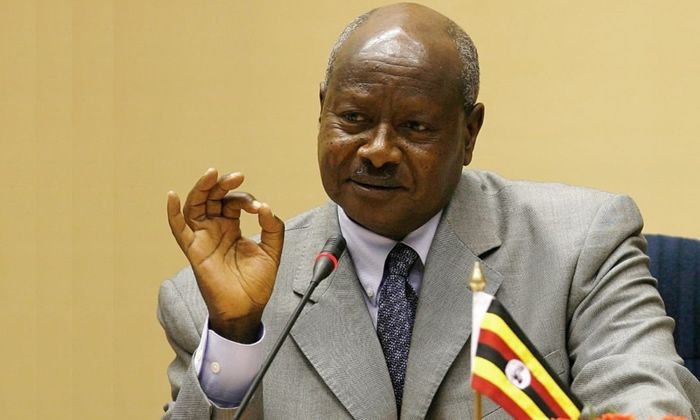Ugandan President Museveni approves "contentious" Computer Misuse Bill
Amidst continued criticism, the President of Uganda, Yoweri Museveni has signed the "regressive" Computer Misuse Bill that criminalises various uses of computers

Amidst continued criticism, the President of Uganda, Yoweri Museveni has signed the "regressive" Computer Misuse Bill that criminalises various uses of computers and digital technologies and largely curtails digital rights into law.
The Uganda Computer Misuse Act was enacted in 2011 to enhance safety and security in the increasingly digitised environment, including through the prevention of unlawful access, abuse or misuse of information systems including computers and securing the conduct of electronic transactions.
However, over the years this law has variously been used to suppress digital rights including free expression and access to information. For instance, in 2019, Stella Nyanzi, a lecturer and researcher at Makerere University and activist, was convicted for publishing a poem critical of President Museveni on social media.
Recently, an amendment of the 2011 Act was proposed by a member of the Ugandan parliament stating that existing laws "do not specifically address the regulation of information sharing on social media" or are "not adequate to deter the vice." The Computer Misuse (Amendment) Bill, 2022[pdf] was passed by the Ugandan parliament in September 2022.
According to the clause 5 amended law which has now been signed into law, "a person who uses social media to publish, distribute or share information, prohibited under the laws of Uganda or using a disguised or false identity, commits an offence."
It also adds that where "prohibited" information is published, shared or distributed on a social media account of an organisation, the person who manages the organisation's social media account shall be held personally liable for the commission of the offence with a penalty of up to five years imprisonment or a UGX 10 million ($2,619) fine.
Although this law has relevance, experts have argued that it will further suppress the freedom of speech and other digital rights of citizens:
"Uganda is not new to regressive control of digital technologies. In 2018, the east African country introduced a tax through the Excise Duty (Amendment) Act that required users to pay a daily tax in order to access social media services. Uganda also routinely blocks access to the internet and social media. Since January 2021, Facebook has been blocked in Uganda on orders of the government," Collaboration on International ICT Policy for East and Southern Africa (CIPESA) said in a statement.
The association has previously recommended that the government should delete some of the clauses in the Bill that are against the rights of the citizens.
In a statement in September 2022, CIPESA said that "the newly passed Bill is a threat to digital rights and digital civic space and falls short of the key international minimum standards. As such, it is imperative for the law to be challenged in court and for the president to deny its assent and return it to parliament for reconsideration."
Also, some experts have argued that some of the things the bill intends to achieve are already in existing legal frameworks. "The redundancy of the Computer Misuse (Amendment) Bill 2022 lies in the fact that the Data Protection and Privacy Act already solve the issues within the bill," Andrew Wandera, Advocate of the Ugandan High Court argues.
A few days ago, the Committee to Protect Journalists called on President Museveni not to sign it into law, according to the committee, the bill will undermine press freedom by criminalizing speech sent via computer on a broadly defined and vaguely worded range of grounds.
Aside from Uganda, other African countries including Nigeria and Kenya have hinted plans to introduce retrogressive bills targeting digital rights. Unlike Uganda, former Kenyan President, Uhuru Kenyatta declined assent to the "contentious" ICT Practitioners Bill 2020 which intends to have all local ICT practitioners licensed and registered by a council.







Comments ()